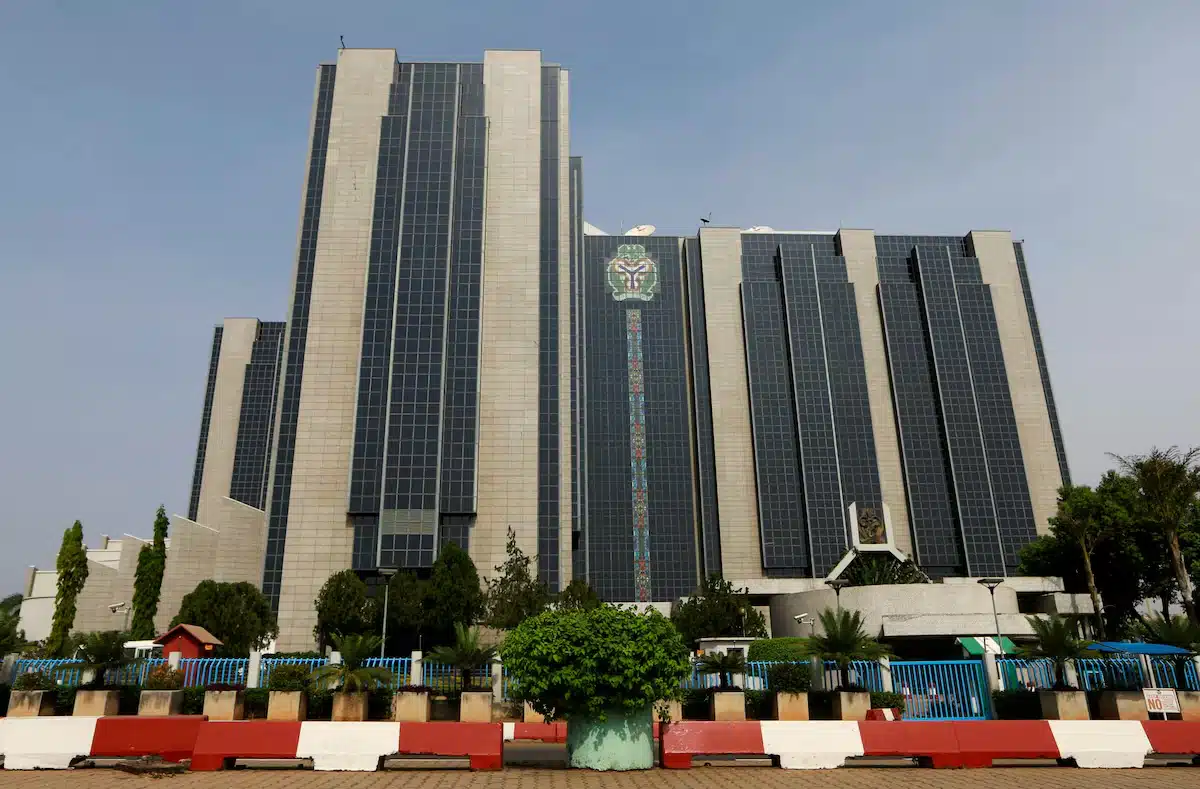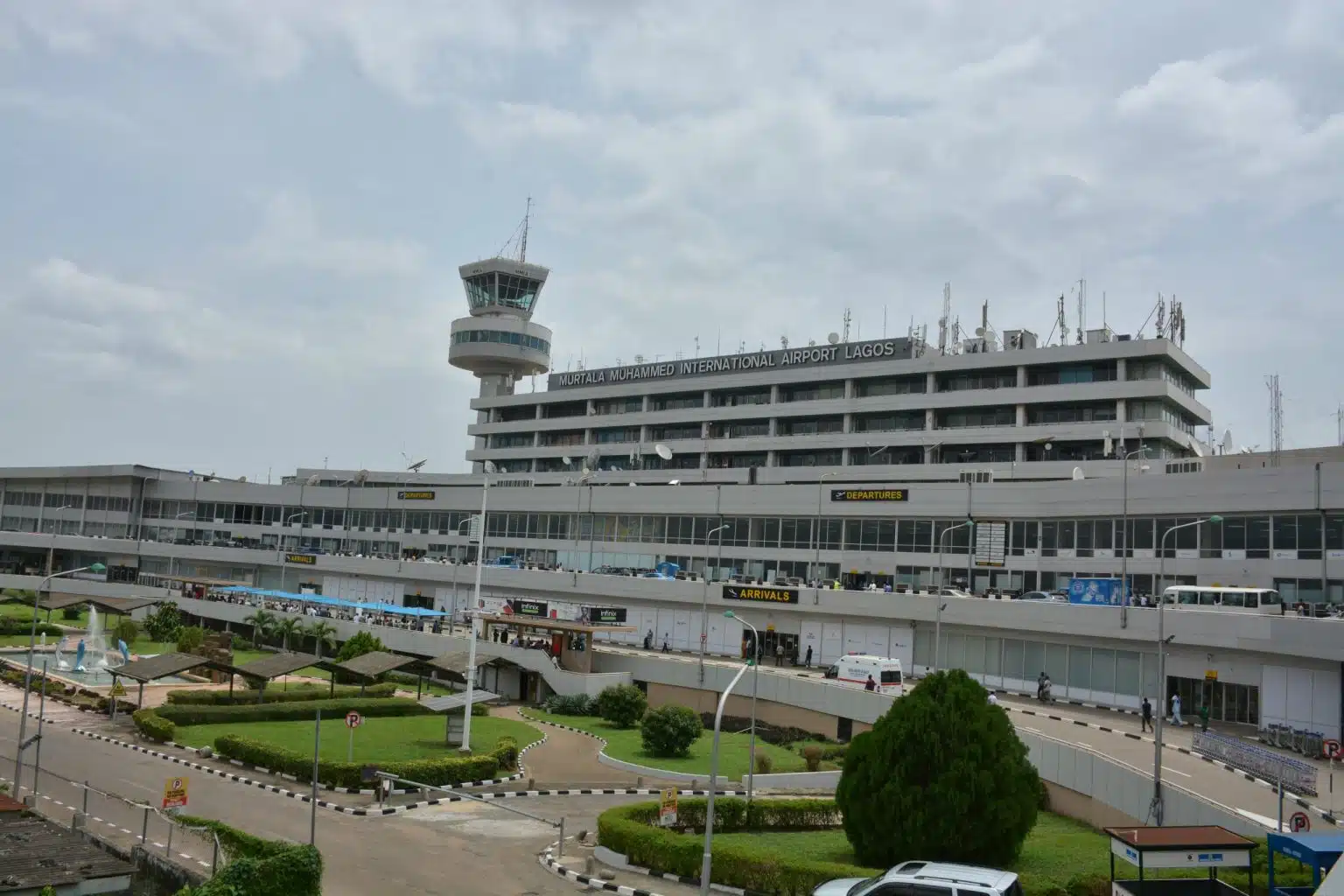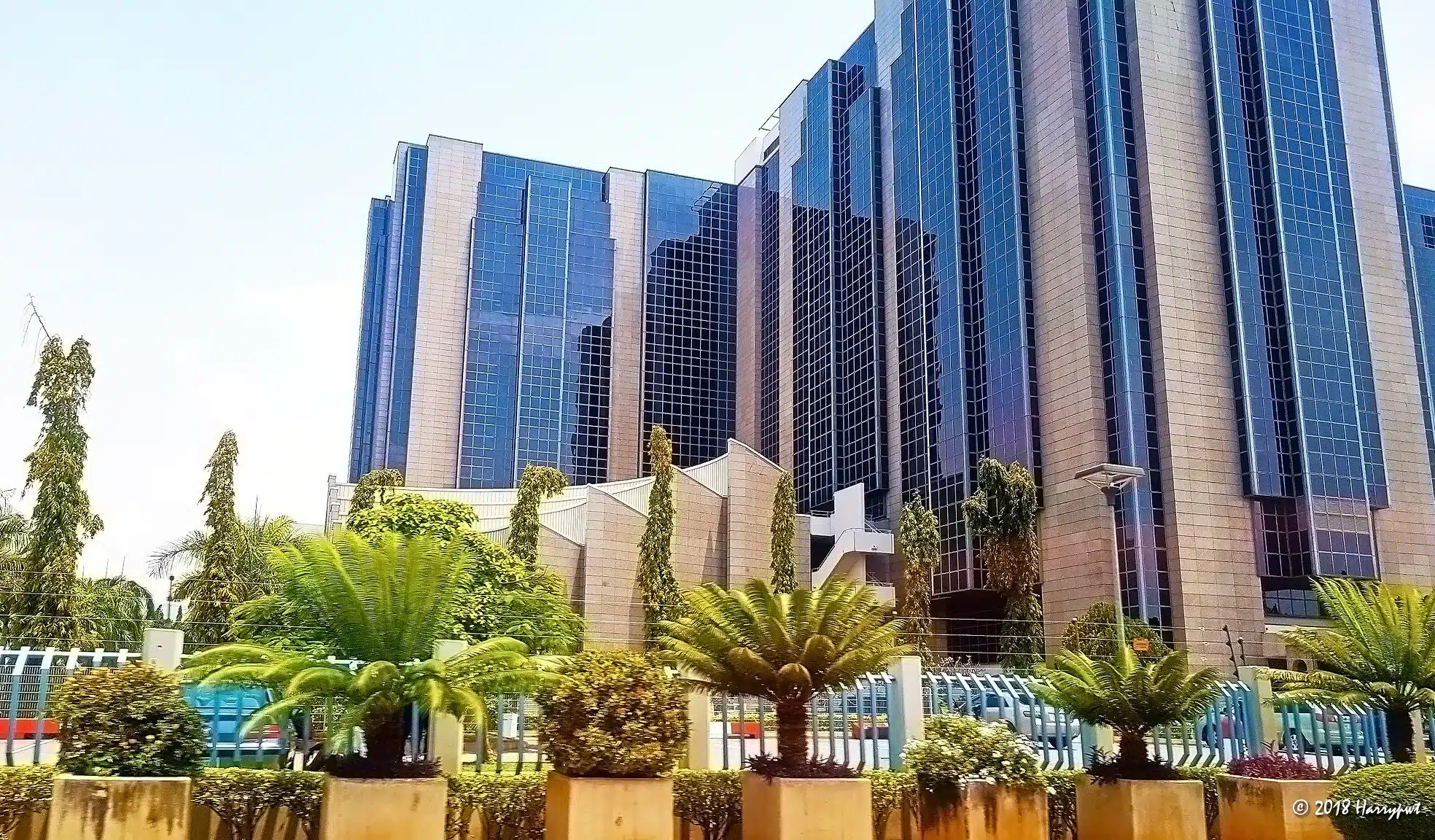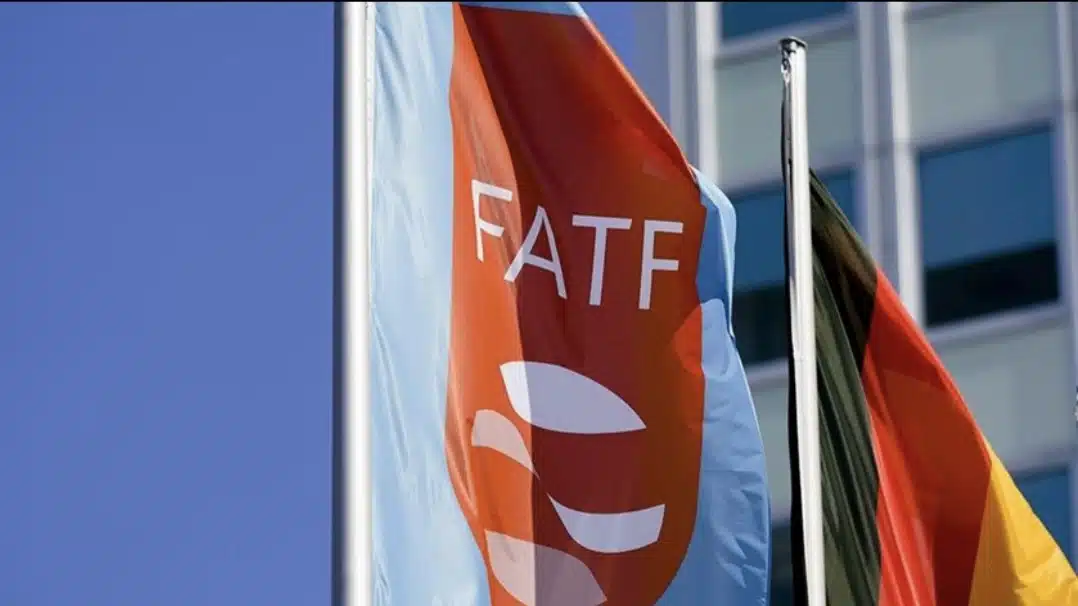The Central Bank of Nigeria (CBN) has a new directive for merchants using Point-of-Sale (POS) machines: pick a spot and stay there. At the same time, it wants the payments industry to adopt a new global messaging standard.
On August 25, 2025, the CBN issued a circular to banks, microfinance institutions, mobile money operators, and fintechs that power Nigeria’s POS boom with two requirements:
- Switch to ISO 20022—the global payments messaging standard—by October 31, 2025.
- Geo-tag every POS terminal in Nigeria.
The first one is boring, but important. The second one might be a game-changer for POS transactions in Nigeria.
A new messaging standard for POS transactions
Until now, POS transactions in Africa’s most populous nation have relied on older formats like ISO 8583—short codes that simply tell a bank: “amount, card, time, maybe merchant.”
ISO 20022 changes that. It treats each transaction like a structured digital record: payer and payee details, merchant identifiers, purpose codes, and even Global Positioning System (GPS) coordinates showing where the payment occurred.
This richer data improves consistency, helps auditors, and makes fraud harder. Analysts at CSL Research said in a note on Thursday that ISO 20022 aligns Nigeria’s payment infrastructure with global SWIFT standards, improving cross-border interoperability and cutting fintech integration costs.
“Geo-tagging, in particular, will provide policymakers with valuable insights into merchant and agent distribution, helping close financial inclusion gaps,” they said.
Location fencing for POS transactions
The CBN’s circular, signed by Rakiya Yusuf, Director of Payments System Supervision, requires financial institutions to bind every POS device to a verified street address and monitor them via the National Switch’s location tracking software.
Here’s what that means in practice:
- Every POS terminal must now carry GPS.
- Each terminal must be tied to a single merchant location.
- Moving a POS device more than 10 metres from its registered spot breaches the rule.
This effectively ends roaming agents. POS operators become fixed at specific stalls or shops, and agents who once moved between markets or fairs will now need multiple registered devices.
For small businesses that depend on mobility, this is disruptive. With the 10-metre limit, POS agents can only take about 15 steps before risking non-compliance.
The hardware question
CBN now insists on dual-frequency GPS, meaning many older terminals will need upgrades or replacements.
A fintech executive who wants to be unnamed told Finance in Africa, the impact may not be as severe as feared: “Several POS devices already have GPS. Most just need reconfiguration, not outright replacement.”
Still, new Android/smart POS devices cost between $40 and $80, and any additional expense could push operators to raise agent deposits or fees.
How big is POS in Nigeria?

Following their introduction in 2013, POS terminals have since overtaken Automated Teller Machines (ATM) as Nigeria’s preferred digital payment channel.
- POS transactions hit $7.4 billion in the first quarter of 2025, up 301% from the same period of last year, according to the Nigeria Inter-Bank Settlement System (NIBSS).
- By March 2025, Nigeria had 8.36 million registered POS terminals, with 5.9 million active—a 119% rise year-on-year.
- ATMs, by comparison, are in decline: active terminals fell to 16,714 in the first half of 2024, while total ATM transaction value dropped 10%.
With roughly one POS terminal for every 26 Nigerians, the system has become essential to daily commerce.
In short: POS is too big to fail, and any disruption will ripple across the economy.
Fraud: The problem CBN wants to solve
The growth of digital payments has been shadowed by fraud.
- NIBSS data shows fraud incidents more than doubled between 2019 and 2023, while losses surged by 496% to $11.1 million
- In Q2 2024 alone, reported fraud losses jumped to $28 million from $1.9 million in Q1.
- Mobile channels saw the most losses, followed by POS and internet banking.
Fraudsters exploit POS agents’ mobility to move stolen funds. Security agencies also note cases where kidnappers forced victims to pay ransoms via nearby POS operators to avoid traceability.
“This policy will help prevent fraud and unregistered operators,” said Babatunde Akin-Moses, CEO of fintech firm Sycamore. “95% of the time when fraudsters steal money, they move it through POS agents. With geo-tagging, every device is traceable to a location.”
Lotus Bank’s Chief Digital Officer, Akinlabi Adegoke, added that the CBN has been clear—compliance is not optional. “For banks, it is about more than compliance. It is about protecting the ecosystem, reducing fraud, and strengthening customer trust.”
The challenges ahead
While the benefits are clear, CSL Research highlighted that implementation will be complex.
- Technical hurdles: Dual-frequency GPS and Android v10 requirements mean higher costs.
- Rural gaps: Poor connectivity could hinder real-time location capture.
- Operational risks: Tight deadlines may cause integration bottlenecks, delays, or service disruptions.
- Edge cases: GPS accuracy problems in malls or concrete buildings could flag compliant merchants. Fraudsters could also spoof GPS signals or tamper with firmware.
The analysts recommend phased migration, beginning with high-volume merchants, and suggest financing schemes for smaller agents, plus training and remote software updates to smooth adoption.
The big picture
The CBN’s twin mandates—ISO 20022 and POS geo-tagging—are designed to strengthen fraud prevention, enhance Anti-Money Laundering/Combating the Financing of Terrorism monitoring, and align Nigeria with global standards.
But the policy also strikes at the heart of Nigeria’s retail economy, where flexibility and mobility have powered POS adoption.
If executed well, the reforms could build a safer, more transparent, and globally credible payment system. If rushed or poorly enforced, they risk sidelining millions of small merchants and undermining financial inclusion.
The next 60 days will show whether Nigeria’s POS ecosystem can adapt.












